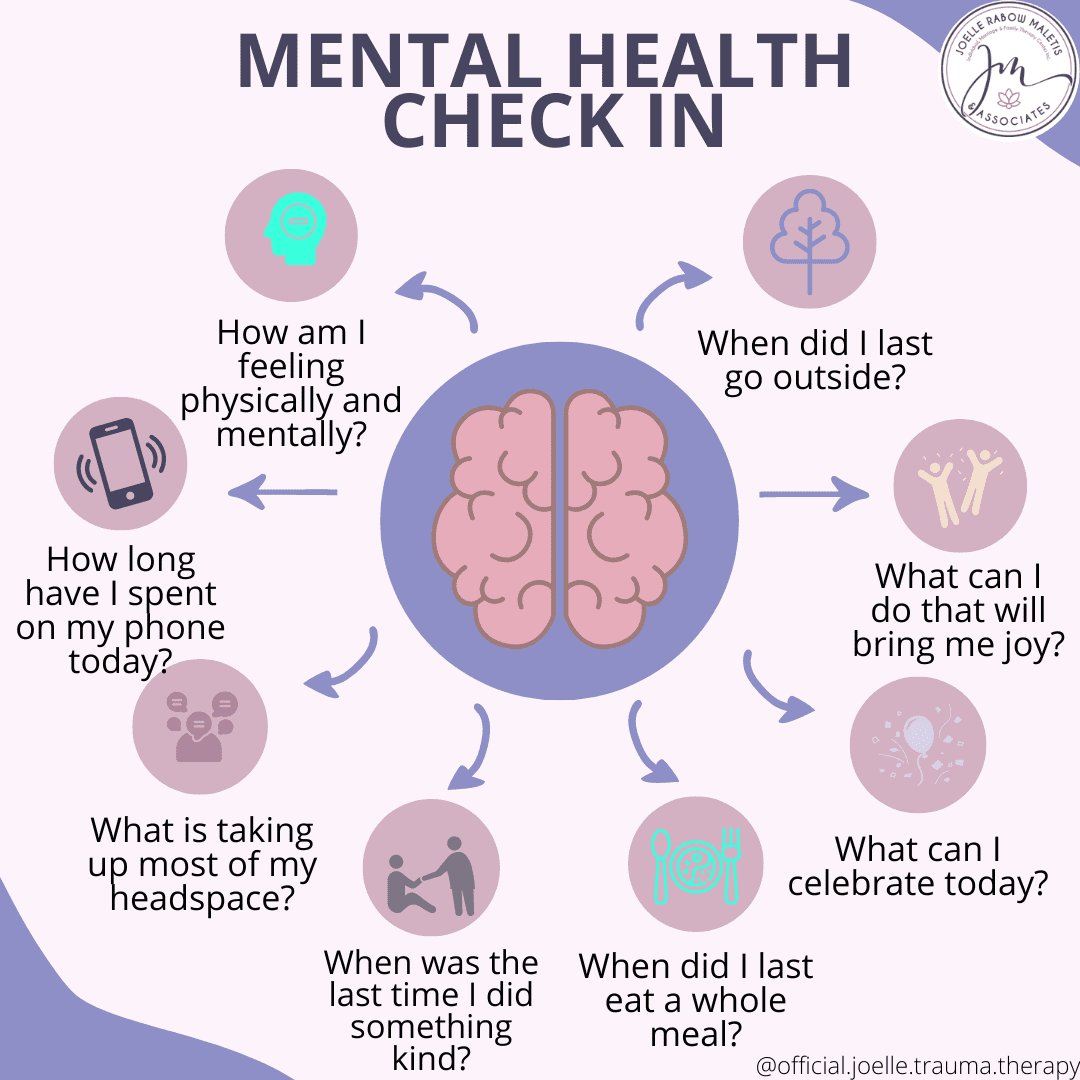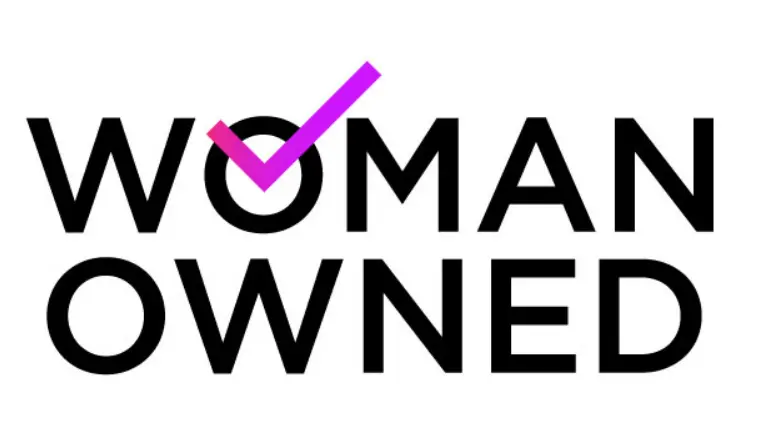Managing Parental Burnout: Signs, Risk Factors, and Tips
By: Alyssa Bombacino & Joelle Rabow Maletis
What Is Parental Burnout?
Parental burnout is becoming physically and emotionally exhausted by the external pressures and responsibilities that come with parenting. Relief parenting describes, “Similar to a burned out match, parental burnout can be defined as having no energy left to give, complete exhaustion, or depletion of one’s resources” (Maltais, 2021). The responsibilities of taking care of children and maintaining a household can leave parents with little time to focus on their own mental health. Working outside the home may increase this risk of adverse effects due to the pressures at home and at work. A new study conducted by Ohio State Researchers found that 66% of parents in their study reported feeling burned out (Pearson, 2022).
Risk Factors For Parental Burnout
Some risk factors that predispose parents to burnout are social isolation, chronic stress, and financial insecurity.
1. Social isolation
Harvard researchers report “36% of all Americans—including 61% of young adults and 51% of mothers with young children—feel “serious loneliness.” (Harvard Graduate School of Education, 2021). Social isolation can result in increased levels of stress, anxiety, depression and the onset of mental health issues. When one lacks encouragement from family or friends it can lead to negative thoughts about oneself and feelings of hopelessness. Parents who are socially isolated, are more likely to feel alone in their struggles and to have greater difficulty coping with stressors.
2. Chronic Stress
The American Psychological Association describes, “Burnout is the result of too much stress and the absence of resources to cope with it” (Abramson, 2021). Chronic stress can impair sleep and daily functioning, and heighten irritability and anxiety. It’s common for parents to burn out when they start to feel overburdened with tasks and responsibilities. A parent who is already dealing with multiple stressors, such as working outside the home, being a single parent, having many young children, or parenting a child with special needs, may be less resilient to additional stress.
3. Financial Insecurity
Parents who have fewer economic resources, are often forced to work longer hours, resulting in a stress-resource imbalance. In times of financial stress, it may be difficult for parents to be fully present and engaged in childcare responsibilities and tasks. Parents experiencing ongoing economic strain are also more likely to feel increased anxiety, irritability, and agitation. This may influence anger or resentment towards their children.
Signs Of Parental Burnout
How do you know you are experiencing parental burnout? WebMD describes, “Parental burnout leads to overwhelming exhaustion, emotional distancing from your children, and a sense of being a poor or ineffective parent” (WedMD Editorial Contributors, 2021).
1. Overwhelming physical and mental exhaustion
An important sign of parental burnout is feeling physically and emotionally exhausted. This state of overwhelm is often difficult to manage and can lead to difficulty completing daily tasks and impaired functioning. This may manifest as fatigue, difficulty sleeping, headaches, irritability, anxiety, trouble controlling emotions, and other physical symptoms. Additional signs include being quick to snap at your partner or children, or being in a bad mood all the time.
2. Emotional detachment from child
In order to save the little energy they have left, parents who are burned out distance themselves from their child. The signs of emotional separation are feeling burdened by your child, displaying neglectful behavior, and/or thinking about escaping from your child. The APA describes “Because burned-out parents often feel trapped in their roles, they may also experience more severe consequences than people experiencing job burnout, such as suicidal and escape ideations” (Abramson, 2021).
3. Feeling shame and guilt
As a result of this emotional separation, parents often feel ashamed and guilty. Burned out parents often report there being a difference between the parents they once were and the parents they have become. The APA describes that this distinction can cause parents to experience “inescapable distress, shame, and guilt”. (Abramson, 2021). These feelings of shame and guilt can show up as intrusive negative thoughts such as: “I am a failure”, or “I am a bad parent’. These thoughts further contribute to feelings of inefficacy as a parent.
Tips for Managing Parental Burnout
Here are our top tips for managing parental burnout and maintaining positive mental health.
1. Practice self care
In order to support your children physically, emotionally, and mentally, it’s crucial that you are supporting yourself first. Self care is a great way to recharge and prevent burnout. Many self care activities can be done in under 5 minutes, and can help boost our mood, increase energy levels, reduce stress, and improve happiness. A few examples of self care include listening to your favorite song, stretching your body, drinking your favorite beverage, and taking 5 deep breaths. Try doing one of these activities each day, even if it’s only for a short time and see how it benefits you.
2. Connect with others
The development of meaningful relationships with others can help boost our self-esteem and mood, while reducing loneliness. When we connect with others, we are often able to feel heard, validated, and understood. Socializing with others also promotes a sense of belonging, safety, and security. Some ways you can connect with others are by: joining a group or club, volunteering, spending time with family, or calling a friend. What are ways that you can connect with others?
3. Check-in daily
A daily check-in on your mental health and energy can provide valuable insights into your overall health. Spend a moment checking in on yourself internally. Some questions to ask yourself are: “when did I last eat a whole meal?” “What is taking up most of my headspace?” “How am I feeling physically and mentally?” and “what can I do that will bring me joy today?” By being intentional and addressing imbalances or problems within your life you can further shield yourself from burnout.

Call the National Suicide Prevention Lifeline at 9-8-8 if you’ve been feeling depressed or hopeless several or more days in the past two weeks.
At JRM&A we lead with compassionate, trauma-informed therapeutic models that are personalized and solution-focused to help support our client’s needs and attain their personal goals.
You can reach us at (650)-386-6753 or info@joellerabowmaletis to share your comments, ask questions or schedule an appointment.
References
Abramson, A. (2021, October 1). The impact of Parental Burnout. American Psychological Association. Retrieved October 19, 2022, from https://www.apa.org/monitor/2021/10/cover-parental-burnout
Harvard Graduate School of Education. (2021, October). Loneliness in America: How the pandemic has deepened an epidemic of loneliness. Making Caring Common Project. Retrieved October 19, 2022, from https://mcc.gse.harvard.edu/reports/loneliness-in-america
Maltais, K. (2021, July 22). What Is Parental burnout & what can be done? Relief Parenting. Retrieved October 19, 2022, from https://www.reliefparenting.com/parental-burnout
Pearson, C. (2022, May 5). New report confirms most working parents are burned out. The New York Times. Retrieved October 19, 2022, from https://www.nytimes.com/2022/05/05/well/family/parental-burnout-symptoms.html
WedbMD Editorial Contributors. (2021, June 28). Parental burnout: How it affects your mental health and what you can do to treat and prevent it. WebMD. Retrieved October 19, 2022, from https://www.webmd.com/parenting/what-to-know-about-parental-burnout




